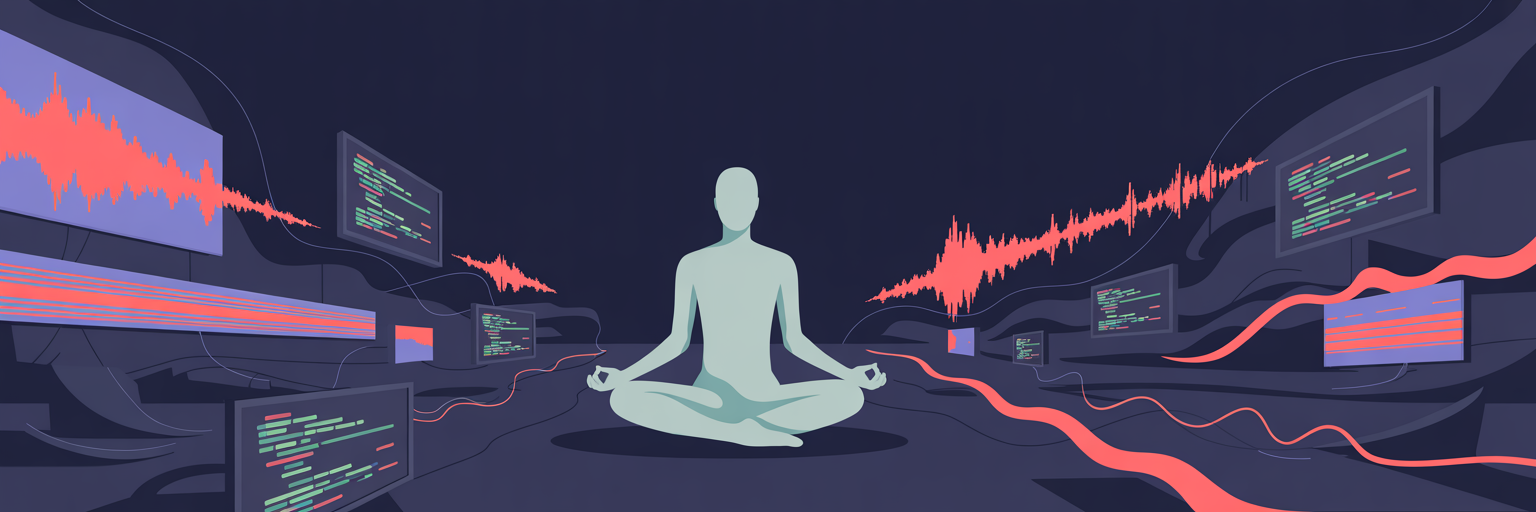The Comfort of Noise: Why Silence Threatens the Modern Mind
How constant stimulation keeps us from facing ourselves

We live in an era where silence has become rare — even frightening. From the moment we wake up to the moment we fall asleep, we are surrounded by noise: news updates, podcasts, playlists, social media feeds, endless chatter from every device within reach. We’ve grown so accustomed to this constant hum of distraction that when the volume suddenly drops, many of us feel uneasy.
But why does silence make us uncomfortable? And what does our avoidance of it say about who we’ve become?
The Addiction to Stimulation
Modern life is engineered to keep us occupied. Corporations and platforms thrive on our attention, and every second of quiet is a second they can’t monetize. The result is a society addicted to stimulation — a culture where boredom feels like failure, and silence feels like emptiness.
Yet silence is not emptiness. It is space. It is the canvas on which true thought, reflection, and creativity are painted. When we drown in noise, we lose touch with the very part of ourselves that asks deeper questions.
The Fear of Meeting Ourselves
Silence can be terrifying because it forces us to confront what we usually avoid: our doubts, our regrets, our hidden fears. It’s much easier to scroll, stream, or swipe than to sit still with the unfiltered reality of our own mind.
In this sense, noise is not just distraction — it is protection. Protection from the truths we aren’t ready to face, and from the changes that honest reflection might demand of us.
Manufactured Chaos, Manufactured Consent
There’s also a political dimension to this constant noise. When society is overstimulated, overwhelmed, and exhausted by information, it becomes less likely to resist or question authority. Endless noise breeds apathy. We confuse being informed with being enlightened, forgetting that information without reflection is just data — not wisdom.
This may be the most dangerous cost of our noisy world: silence is where independent thought is born, and without it, we risk living on autopilot, guided not by our own convictions but by the loudest voices around us.
Reclaiming the Quiet
The solution isn’t to reject noise entirely — after all, connection, communication, and expression are essential to life. The challenge is balance. To deliberately carve out spaces of quiet, to practice being present without stimulation, to rediscover the strange discomfort and profound power of being alone with our own minds.
It’s in those moments of silence that we hear the whispers of our own truth. And perhaps that’s why silence is so rare — because truth, once heard, is impossible to ignore.
👉 Question for reflection: When was the last time you sat in true silence, with no phone, no music, no screen — just you and your thoughts?



